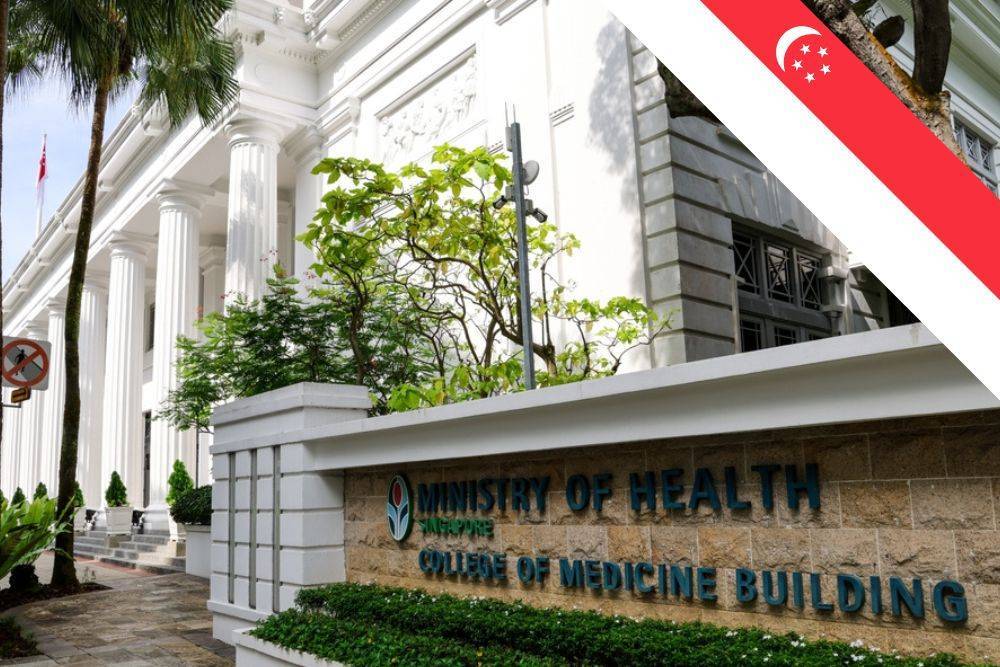The Ministry of Health (MOH) in Singapore has assessed the risk of the severe mpox clade I variant spreading to the country as low.
The World Health Organization (WHO) declared mpox a global public health emergency on August 14, 2024. However, the outbreak has largely remained confined to Africa, with no reported cases of clade I exported outside the continent.
Mpox Cases in Singapore
Since January 2024, Singapore has recorded 10 cases of mpox, all confirmed to be from the milder clade II variant. Mpox, previously known as monkeypox, is a viral disease that causes flu-like symptoms and pus-filled lesions on the skin. In 2023, there were 32 cases, and in 2022, there were 18 reported cases from the time the disease became notifiable in June of that year. The recent cases in Singapore, primarily linked to the 2022-2023 global outbreak, have all involved the less severe clade II variant.
Global Concerns Over Clade I Variant
The emergence of the more virulent clade I strain, particularly its Ib sub-variant, has alarmed global health experts. It is easier to transmit through routine close contact, including sexual contact. The WHO’s declaration of mpox as a global public health emergency underscores the urgency of addressing the outbreak. This is particularly prevalent in Central and East Africa, where the virus has shown the potential to spread beyond its traditional endemic regions.
The WHO’s multi-country outbreak report highlights a significant increase in African mpox cases. Countries such as Burundi, Kenya, Rwanda, and Uganda are reporting their first cases caused by clade Ib. Additionally, the outbreak is most severe in the Democratic Republic of the Congo (DRC). Children account for more than 70% of cases and 85% of deaths, exacerbated by high rates of malnourishment.
Singapore’s Preparedness and Response
The risk to Singapore remains low due to limited movement between the DRC and Singapore. However, experts emphasise the importance of continued vigilance. Professor Dale Fisher from the NUS Yong Loo Lin School of Medicine noted that there should be increased awareness and preventive measures to avoid the spread of clade I and Ib in Singapore.
Singapore’s healthcare system is equipped to diagnose and manage mpox infections effectively. The MOH has issued guidelines to medical practitioners and healthcare institutions to be vigilant in detecting and reporting all mpox cases, including those suspected to be clade I infections.
Additionally, travellers entering Singapore must report pox-related symptoms and travel history through the SG Arrival Card. Suspected Clade I cases will be isolated in hospitals to prevent further spread. Additionally, close contacts of confirmed cases will be quarantined and monitored for up to 21 days.
Increased Risk to Vulnerable Populations
Dr Leong Hoe Nam, an infectious diseases specialist from Rophi Clinic, highlighted a shift in the virus’s transmission pattern, noting increased infections among children. This suggests that the virus is no longer confined to adult sexual partners but is spreading through more frequent contact. Healthcare workers are advised to take barrier precautions during consultations to protect themselves and others from potential exposure.
Historical Context and Conclusion
Singapore’s first mpox case was diagnosed in 2019 in a business traveller from Nigeria. It was subsequently linked to the consumption of contaminated bushmeat. There was no local transmission at that time, and no further cases were reported until the global outbreak in 2022.
Given the current situation, Singapore’s public health authorities remain vigilant, promptly addressing any potential threats from the more severe clade I variant. The MOH’s proactive measures, coupled with the nation’s robust healthcare infrastructure, provide confidence that the risk of a significant outbreak remains low, though continued monitoring and precautionary measures are essential to maintain this status.
Have a pressing question for a doctor? Medical Channel Asia has launched a community forum page where you can get questions answered by a medical specialist. Visit the community forum here.

